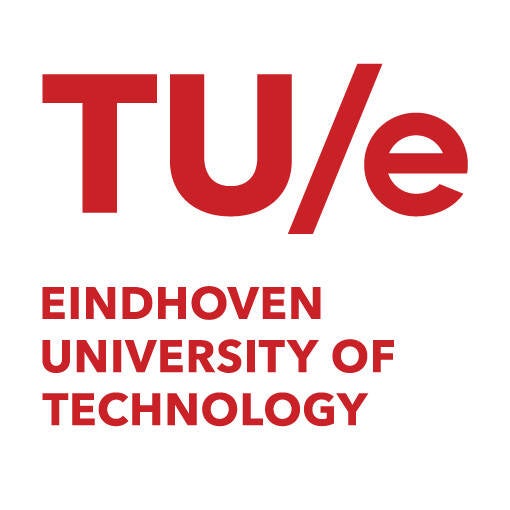By 2050, the Dutch chemical industry wants to emit ninety percent less carbon dioxide than today. Electrochemistry - making molecules using electricity - can kill two birds with one stone: it not only reduces CO2 emissions, but also allows surplus electricity from sustainable sources such as wind and solar to be stored in chemical bonds. At present, however, few electrochemical processes are known to be useful on an industrial scale.
The E2CB program aims to change this. The consortium focuses on the entire chain: from materials research at the nanoscale to different types of reactors at the macroscale. The researchers want to develop new scalable electrochemical processes to make methane, liquid hydrocarbons and ammonia, among other things, and to convert biomass into useful chemical building blocks.

Generic view of carbon-neutral fuels based on electrochemical CO2 and N2 conversion to fuels and chemicals. E2CB targets the production of methane, liquid hydrocarbons, ammonia and biomass-derived chemicals while valorising cheap surplus electricity
Program
Context
To be able to -on the one hand- store electricity and -on the other hand- produce fuels and chemicals in a sustainable way, it is necessary to develop large-scale electrochemical synthesis methods.
Our aim is to lay the foundation of such a large scale conversion technology. We will addresses both the fundamentals and the engineering of upscaling for the production of several base chemical products. Within the proposed programme, we will develop lab-scale demonstrator devices using industrially relevant feedstocks and develop a clear insight into their scalability.
The challenge is to identify the relevant bottlenecks at all relevant length and time scales and remedy these to optimal performance. To this end the consortium will investigate various electro-conversion processes and products, in the choice of which we have been guided by our industrial partners.
Impact
Our program contributes to the transformation of the Dutch industry, which is responsible for about 1/3 of the Dutch CO2 emissions. In particular, it should benefit the Dutch chemical industry that aims for a reduction with 90% in 2050 [1]. In addition, electro-conversion technology will provide a green solution for the need for liquid transportation fuels (e.g. heavy duty transport, aviation) and a means of electricity storage to alleviate intermittency problems.
Unique selling points
- We apply multi-scale, multidisciplinary approaches to develop scalable cell and reactor designs for electrochemical processes
- Evaluation of cell and reactor designs for various products will improve our understanding of key processes
- This development of new technology to store renewable electrons in chemical bonds is essential for the upcoming energy transition


















